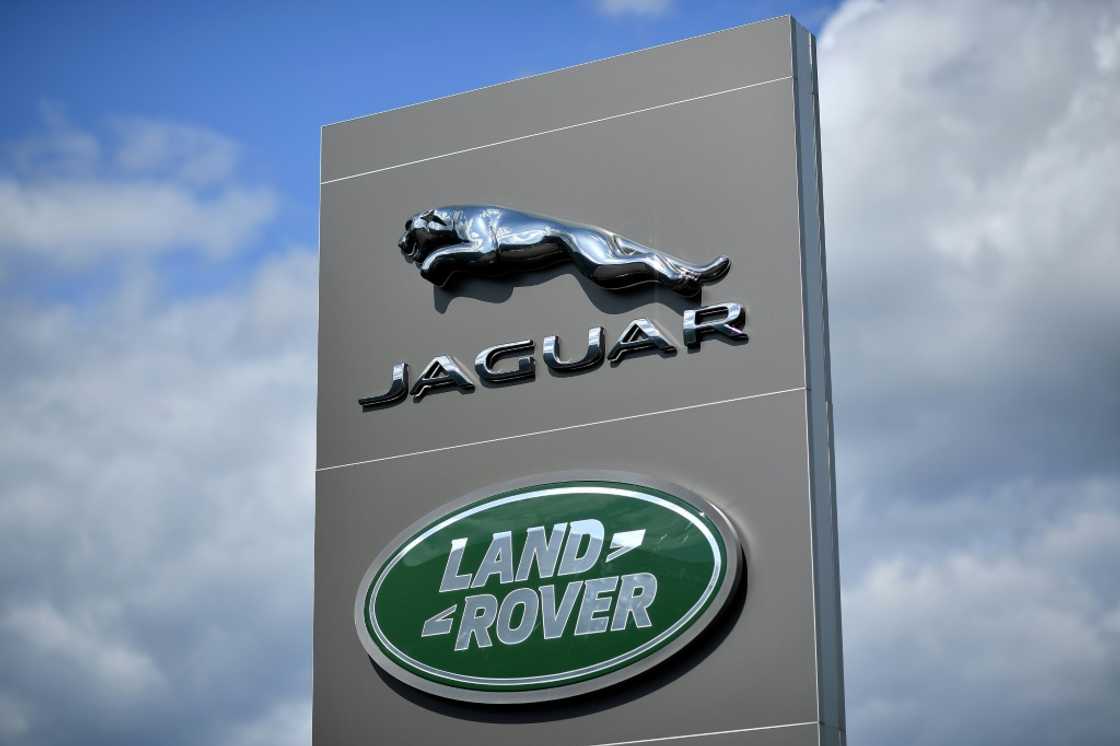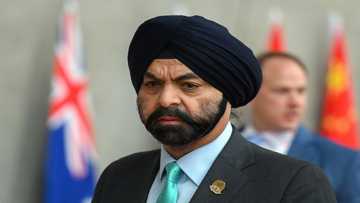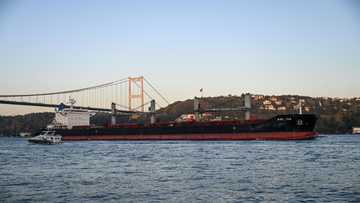Tata to build £4 bn electric car battery factory in UK

Source: AFP
Indian conglomerate Tata Group announced plans Wednesday to build a £4 billion ($5.2 billion) electric car battery factory in Britain to supply its Jaguar Land Rover brands, bolstering the country's efforts to phase out fossil fuel vehicles.
Britain plans to ban the sale of new high-polluting diesel and petrol cars from 2030, forcing its car manufacturing sector to switch production to electric vehicles.
The factory -- Tata Group's first gigafactory outside India -- will be built in Somerset, southwest England, after the site reportedly beat competition from Spain.
"Tata Group will be setting up one of Europe's largest battery cell manufacturing facilities in the UK. Our multi-billion-pound investment will bring state-of-the-art technology to the country," said Tata chairman N. Chandrasekaran.
The government said the factory will be a "huge boost to the UK's automotive sector", providing almost half of the battery production that the UK will need by 2030.
The investment would "secure UK-produced batteries for another Tata Sons investment, Jaguar Land Rover, as well as other manufacturers in the UK and Europe, the government said.
PAY ATTENTION: Follow us on Instagram - get the most important news directly in your favourite app!
Production is due to begin at the factory in 2026, creating up to 4,000 jobs and thousands more in the wider supply chain.
The UK's goal of phasing out new diesel and petrol cars is part of its long-standing goal to achieve net zero carbon emissions by 2050 in order to help tackle climate change.
'Significant moment'
UK Business and Trade Secretary Kemi Badenoch said in a statement the multibillion-pound investment demonstrated that the "government has got the right plan when it comes to the automotive sector".
Greenpeace senior climate campaigner Paul Morozzo hailed the announcement as a "significant moment for the UK car industry and a signal that the government has finally started the engine in the international clean technology race, while other are speeding ahead.".
But he warned that the UK government must stay on track with its 2030 target.
"Failing to do so would mean waving goodbye to any meaningful electric vehicle manufacturing sector in the UK, regardless of this new gigafactory, which would put domestic car manufacturing as a whole in jeopardy," he said.
The factory will be the UK's second electric battery plant compared to a reported over 30 that are already operational or in the pipeline across the European Union.
Nissan established Britain's first battery gigafactory in Sunderland, northeast England, in 2013 with its Leaf car.
In 2021 it also announced a further investment totalling £1 billion in a standalone battery only plant.
New feature: Сheck out news that is picked for YOU ➡️ click on “Recommended for you” and enjoy!
Source: AFP



